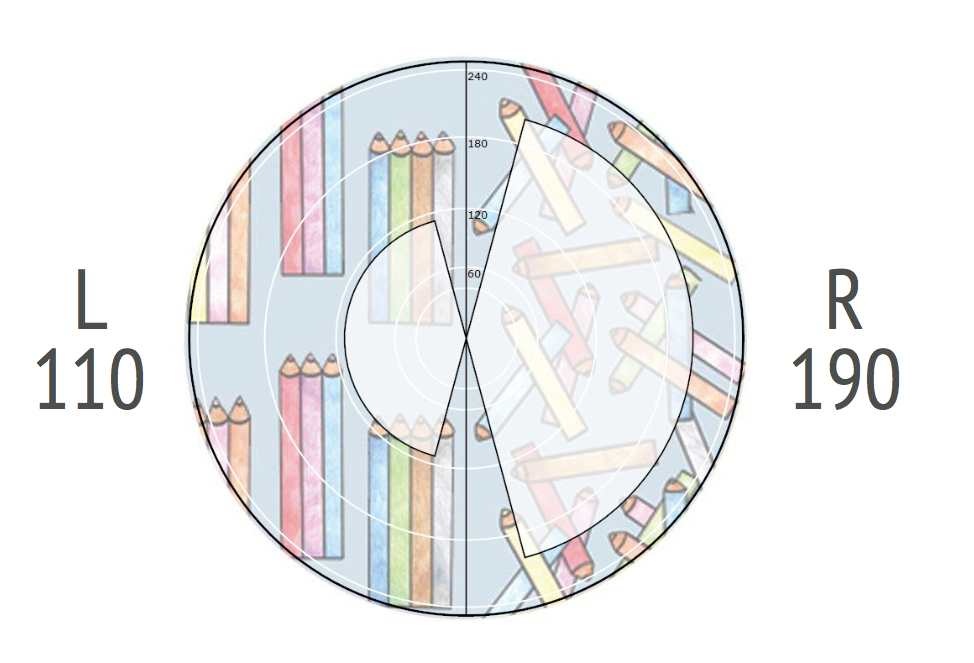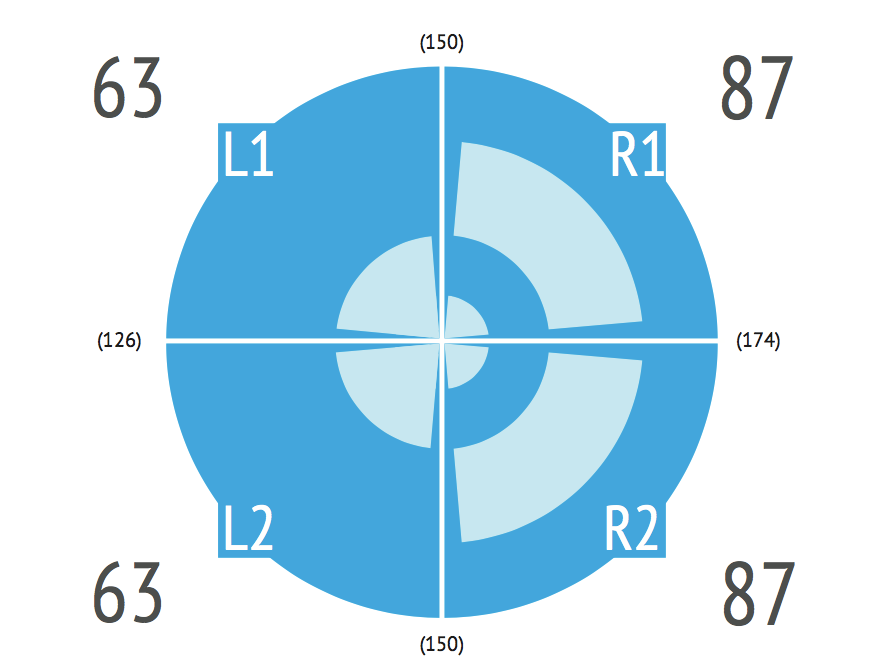Is doing a NBI Brain profile for a 4 year old relevant?
Relationships within the family are not always plain sailing in spite of most parents striving to understand their child/ren better. Parent-child dynamics can be extra challenging when a child's brain profile is very different to the parent's profile.
We know that how we think directly influences how we relate to one another, how we communicate, even what we have conflicts over. Therefor doing a child's profile can give parents insight that will create greater empathy within their relationship.
We are fortunate to have NBI assessments tools that asses even very young children’s thinking profiles. The Young Child Indicator (YCI) profile is designed to asses children's thinking preferences from as young as 4 years old.
When speaking to parents, I find that they worry that their 4 or 5 year old child is simply too young to do a brain profile. Should we wait? What happens to a YCI profile a few years down the line? Does it change much? Is it relevant?
And that's what's prompted this specific blog.
Personally I have found that the YCI can be a very helpful tool in understanding a young child and I share an example with you, obviously anonymously and with the consent of the child’s parents.
The YCI gives insight into right (R) and left (L) brain thinking and was done when the child was 4 years old.

The report showed that the child had a high preference for (R) brain thinking, the parents both being strong L-brain thinkers.
We followed-up the YCI with a NBI Student P profile when the child was in gr 1, more than 2 years after the YCI.

The NBI Student P profile gives a little more detail than the YCI but the child was still very clearly showing, after a year of formal school, a R-brain preference.
So is YCI relevant? - Without a doubt!


